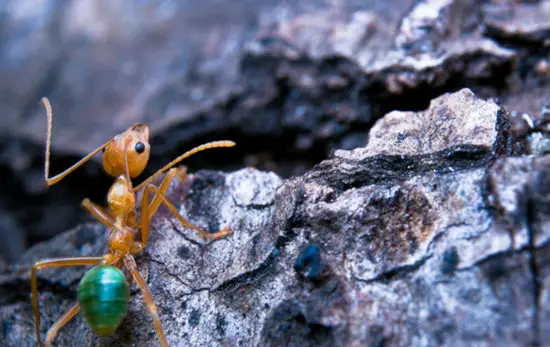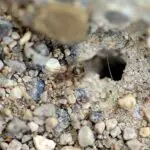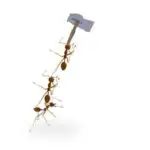How Cold Is Too Cold For Ants?
During the winter, ants have to take special measures to protect themselves from the cold. They enter a dormant state, which reduces their risk of freezing. They can also freeze to death if they are lost from their colony.
Some ants survive in colder climates, such as acorn ants, which huddle in large underground nests. The ants can live up to two years. They also have a unique survival strategy, which is used when they are exposed to extreme cold. The ants use a special substance in their body called glycerol, which works as an anti-freezing agent. The glycerol helps prevent ice crystal formation and protects tissue from damage.
Ants can also use cold air to cool their nests. The ants will seek out warm places to hide in, such as the walls or floors of their nests. Some species of ants will also make large mounds of dirt above their nests to absorb radiant heat from the sun. This helps the colony stay warm.
Ants also change their behavior depending on the season. During the autumn, they consume more carbohydrates and fats than usual. They store these nutrients as glycogen, which they can convert to energy. In the winter, they put on more fat, which helps them survive.
Some ants, such as Argentine ants, move into warmer climates to survive. Others stay in their winter colony. In tropical climates, ants can continue their normal activities during the winter.
Ants are surprisingly hardy creatures. They are adapted to changing temperatures. They also use special tunnels to help regulate their internal temperature.








